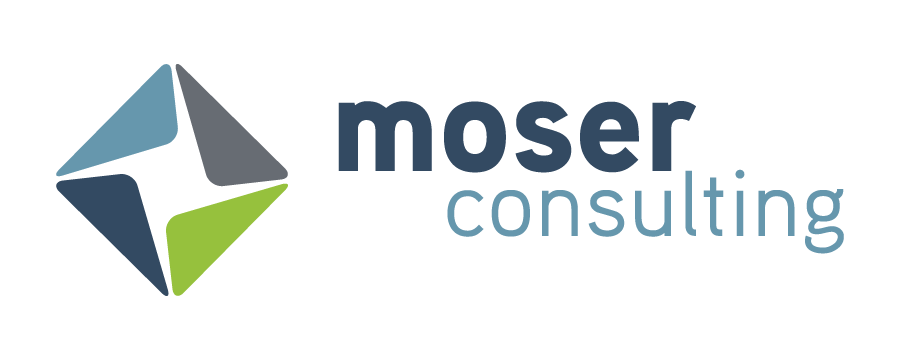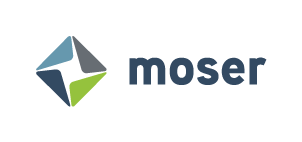
Moser Learning Blogs:
Guidance from Our Subject Matter Experts
Tags
- Acceptance
- Adversity
- Belonging
- Charity
- Coaching
- Community
- Compassion
- Conflict Management
- Continuous Learning
- Corporate Culture
- Customer Experience
- DEIB
- Data-Driven Learning
- Diversity
- EQ
- Education
- Emotional Disabilities
- Emotional Support
- Empathy
- Enhanced Utilization
- Equity
- Facing Adversity
- Fatherhood
- Gap Report
- Growth
- Handling Change
- Hiring
- Human Centric Skills
- Inclusion
- Intellectual Disabilities
- Job Benchmarking
- Job Candidates
- Job Standards
- Knowledge
- LMS
- LMS Reporting
- Leadership
- Learner Performance
- Learning
- Learning Management System
- Neurodivergent
- Neurodiversity
- Personalized Learning
- Philanthropy
- Problem Resolution
- Project Execution
- Project Management
- Project Outcomes
- ROI
- Resiliency
The Importance of Empathy Training for Your Healthcare Workforce
Healthcare is a service-oriented field that requires practitioners to think beyond the physical needs of their patients. To provide effective and compassionate care, healthcare professionals must be able to connect with their patients on an emotional level. To do this, they must have empathy skills. Educating your healthcare workforce in empathy skills can lead to improved patient outcomes and increased job satisfaction among staff. Let’s look at some of the benefits of training your healthcare workforce in empathy skills.
Empathy: The Key to Great Customer Experiences
In the age of digital media, it is easy to forget the power of human connection when it comes to customer experiences. The sales, hospitality and customer service industries have always relied on empathy and human connection as cornerstones of great customer experiences. However, with the introduction of digital communication, many businesses are starting to lose sight of how important these skills can be. That’s why we’re here to remind you that empathy is still key for great customer experiences!
What are the Most Common Hiring Mistakes?
From not preparing job benchmarks to ignoring a candidate’s personality, hiring mistakes can be a major setback to the growth of any organization.
How to Use Job Benchmarking in the Hiring Process
If you have ever managed or hired people, you understand the importance of hiring the right person for the job. The cost of a bad hire is estimated to be twice the annual salary of the position, so it’s important to take steps to ensure that you find the right fit for your team. One way to do this is through job benchmarking—a process that allows companies to review their current and future job requirements and identify skill gaps between existing and potential employees.
Welcome to Moser Learning & Development Reimagined
It is with great anticipation that we announce the dawn of a significant transformation at Moser Learning and Development! Our core belief is that growth and development is an ongoing process, and our goal is to provide world-class learning.
Finding the Perfect Candidate
We’ve heard it said “it’s a seller’s market”, but in these times, I believe we are in a “candidate’s market”. Candidates are looking for maximum benefits and flexibility from an employer and it’s competitive out there when searching for the great candidates. Afterall, if we find a candidate that fits, we want to keep them!
14 Day Emotional Intelligence (EQ) Workout
Emotional Intelligence (EQ) is all about helping you notice your emotional energy and making choices to react to what is happening to you in a way that fosters long term personal growth. This is a muscle we can exercise and strengthen with a little work. People have an average of 80 experience each year that, if they noticed and acknowledge them, are personal growth opportunities. Most people only identify and act on 3 of those. Many times people may avoid the negative emotions or pretend everything is ok. These 14 exercises will help you acknowledge your emotions and exercise your EQ muscles.
Empathy in the Workplace
“In the social and emotional realm, this is what I want to create through my interactive, human-centric trainings on empathy: workplace first responders.”
How can you be the support someone needs in a moment at work?









